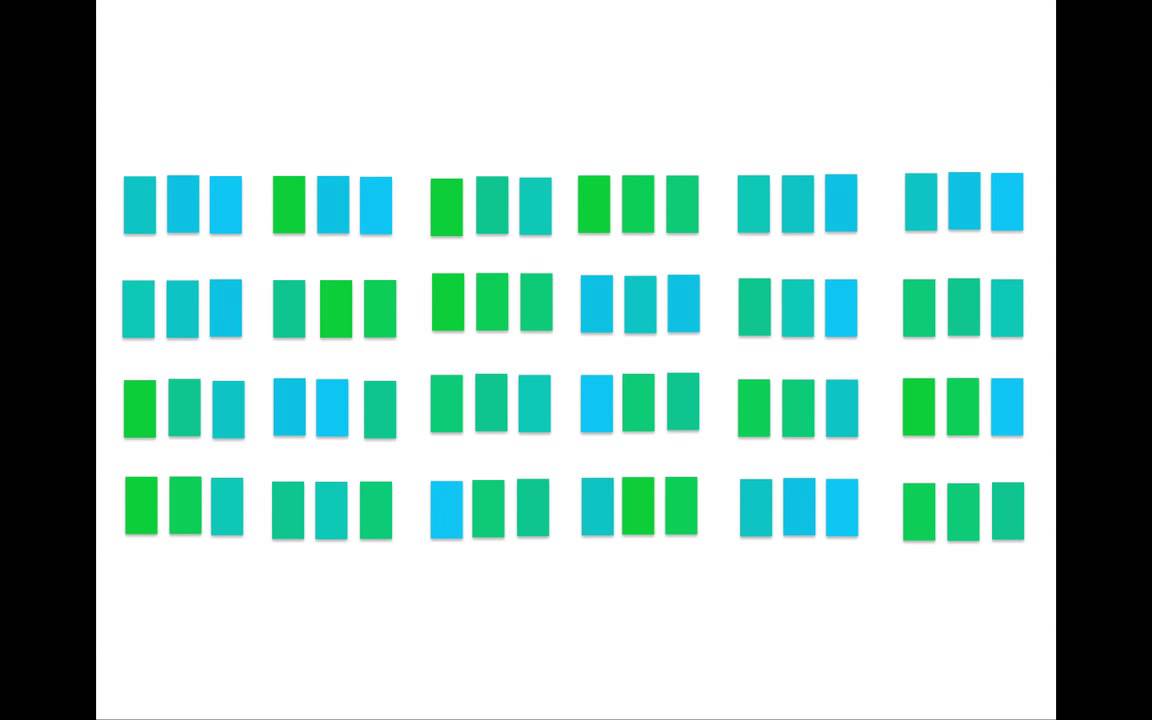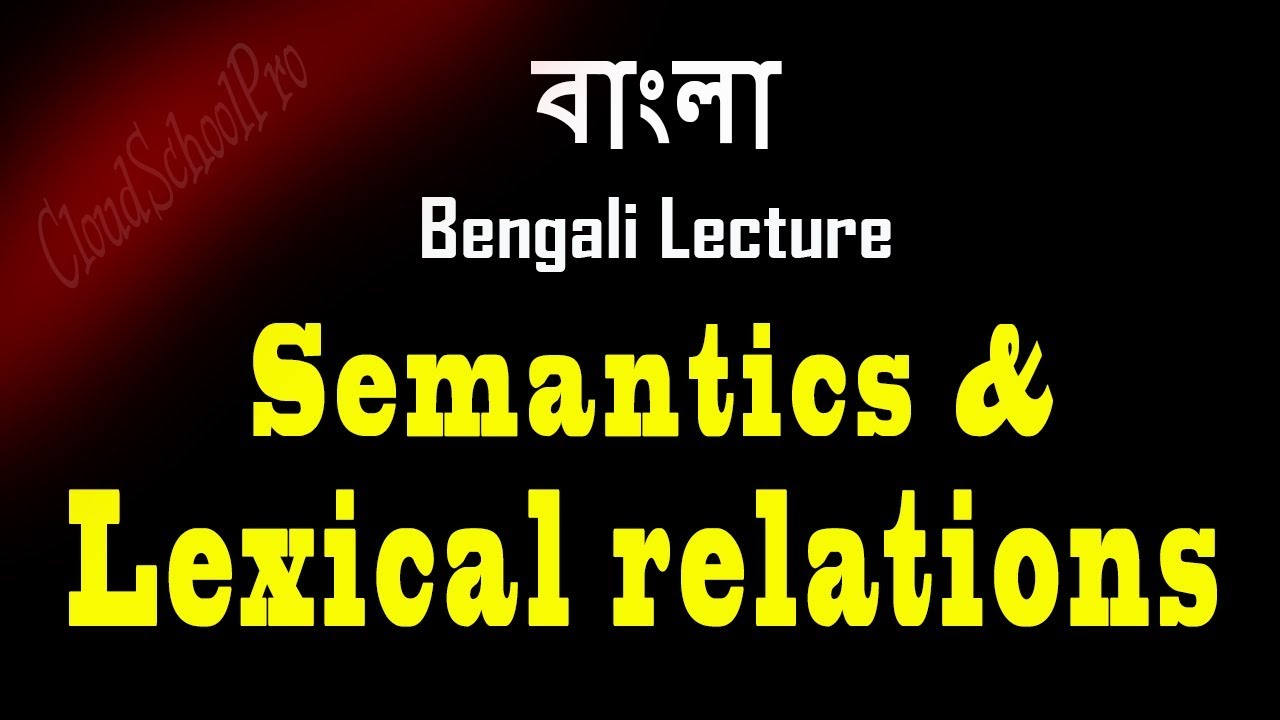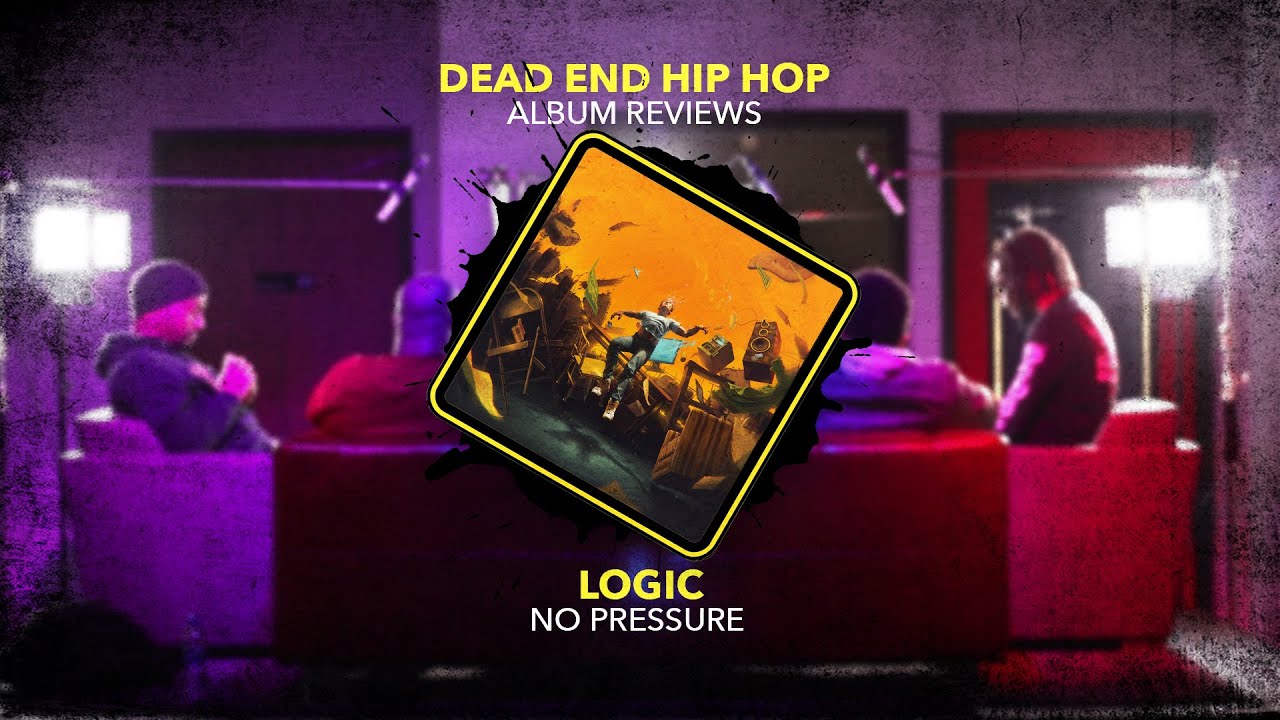Martin Hilpert
This is episode number ten in a course in Cognitive Linguistics. Does your language influence the way you think? This episode is the first of three videos that address the question, starting off the series with a discussion of language and color. Human beings see color in the same way, but crucially, languages differ in the way they label colors: ‘grue’ languages have a word that includes the spectrum of both ‘green’ and ‘blue’. Do speakers of ‘grue’ languages behave like speakers of ‘green-blue’ languages in psychological experiments? Find out for yourself.
A course in Cognitive Linguistics: Color




fascinating tbh
Man, you're on fire! 🙂
My dear professor, I’m a teacher of English in Madrid, who, on “political” grounds –let’s put it this way- must take an exam every two years, in order to keep working as a teacher in State High Schools. This year, I got an “A” with my lecture on Grammar. I want to thank you indeed for your lessons. Your course on Grammar, and the sections on Transformational Grammar have been for me enormously useful.
Thanks for your knowledge and your generosity.
Ena Martínez Galliard
Hi،Mr Hilbert. Please could you make a video with regard to discourse analysis? For written/spoken discourse markers in particular please
Thank you
At 25:56, why don't the two numbers sum to 1? Surely it's not that the middle hue is seen as the odd one out 50% of the time?
I'm Vietnamese and green, blue and turquoise to me are 3 different colors. The grue color to me is just like the color of life, as green is leaf grue and blue is ocean grue
sigh Your videos are soooo addictive…
Edit: I just had to add few "o"s. 😉
Great video. This doesn't discount your points about categorization, but as a native English speaker, I can give you some more interesting thoughts.
On the Sauce/Soße thing…
All of these things can also be called "sauce" in English. Sauce is a category that basically means a food additive that is generally liquid-ish.
"Gravy" is a type of sauce that is meat or fat based with flour to thicken it. Likewise, "Salad Dressing" is a type of sauce that is used for salads, but if it is used elsewhere, the same liquid might be called "sauce" again.
"Toppings" are a different category completely. What is on the ice cream in the video, a native speaker would call "Chocolate Sauce" (or "Chocolate Syrup", "syrup" is another subcategory for a sauce that is sugar based). The category of "topping" means anything extra that you pile on top of something for flavor or texture purposes. For instance, If I poured nuts on top of the ice cream, that would be called a "topping", but a German speaker would not call that "Soße". Also, if you put lettuce or mayonnaise or cheese on a sandwich, this is also a "topping". A topping might be a sauce, or it might not be.
In English, we also have the word "Compote" which is analogous to the German "Kompott". They probably both come from French, I'm guessing.
Anyway, I loved the video.
Very interesting on why different basically equivalent words across languages may have one seme in a language that their counterparts in other languages…
When will you upload the lectures on materials and space?
I would love to hear from you, professor Hilpert on Mental Spaces and priming.
Wellensittiche <3
There is a chapter on this topic in Sampson's book Schools of Linguistics that I found quite amusing to read. (ch. 4)
+ it is not very long.
This is my favorite video out of all of your videos I saw so far.
Thank you so much for your online courses and all the effort and passion you put into making them, it is always a great joy to listen to them. Please don't stop!
I recently read through the language glass, this is awesome!
Thank you for putting this up. It help me to understand color in translating especially ancient languages. I've studied language as a hobby but I'm also and artist and I've studied a lot about color for years and some color spacing. Because of language differences in English itself a more reliable system was need in industries for reproducing color. They had to come up with something that by- passed these problems. It was called the Munsell color wheel. And the more universal color system the CIElab color wheel. Myself there is only three colors RGB everything else is a mixture of them. And of course CYMK is backwards from the RGB.
There's another video where they talk about this color experiment, very nice editing and everything, can't find it!!
Wish you had continued this….
Compote would be the English word for Kompott
I made the same Whorf joke in my theory presentation in my senior thesis! xD
I don't think you were there to copy that joke. 😉 Good stuff.
Ok Im not german but austrian but its basically the same language and my family and my friends has a name for evrything which you only called Soße".
For me Soße only describes the rough state of which something is in and not a specific thing.
It should be noted that our Family is an post aristocrate one so we may just know more words than others. Also some well educated friends of mine are sure that the german language is more precise than nearly all of the programming languages out there.
But i got the point you were trying to make!
Great Video btw! 🙂
I don't see episode number eleven anywhere. Does it exist?
It would depend on the reason WHY people were being put to death so easily. It very well could be a good reason
When will you please upload the lectures on materials and space? Have you forgotten, Professor Hilpert?
Anyone from Vox?
u da best
Thank you so much for your course, I found every video so interesting and helpful. I'm a linguistics student and I'm glad to have you as a teacher at least in this medium 🙂
PD. Is the spoons video available, professor?